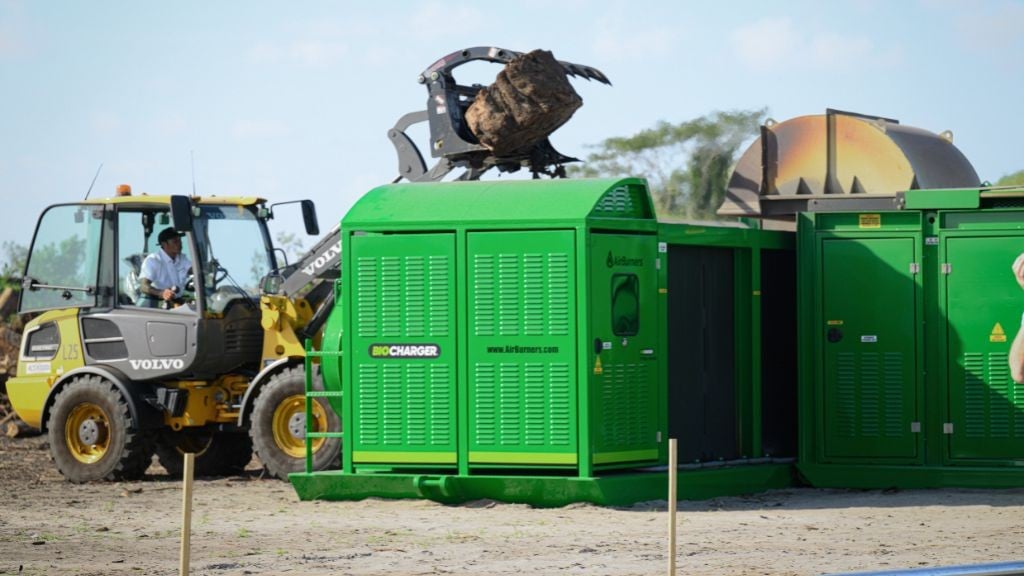Curbing the 40 percent loss of all food produced in Canada to waste remains focus for compost Council
Reining in food waste

Sometimes when in the grocery store lineup waiting to check out, I look at my fellow shoppers, their filled carts, and wonder about our collective presumption that there will always be enough food to buy. Not whether we have the money to buy it, but rather will there be enough food, along with the variety and freshness, that we in the first world have come to expect?
By now, we have all heard the estimates that collectively we waste about 40 percent of all the food that is produced in Canada annually. Martin Gooch of Value Chain Management presented these findings during the Compost Council of Canada's recent webinar series, as well as at a past national conference.
Gooch detailed the fact that food is wasted throughout the supply chain, with individuals (all of us) being the most careless with food waste, which is currently valued at a loss of about $31 billion annually.
Even if one would say that a great deal of the work at our council and through our members benefits from the fact that there is food waste, the reality is that we are firmly on the side of not wanting food wasted in the first place. It's a waste of tons of good finite resources of all kinds, including time and effort, water, soil, air and energy.
Thankfully there is some infrastructure across our country that can be used to effectively recycle organic resources, transforming them into products that can benefit both soil conditions and vitality.
This infrastructure reality though is still not sufficient, with at least 75 percent of organic residuals continuing to end up being buried, and left to decay, in landfills, creating more greenhouse gas emissions - even with landfill gas capture technologies in place.
To date, municipalities and private business have taken on most of the risk and financial responsibility to establish our existing organics recycling infrastructure. A system where brand owners contribute financially currently does not include organic residuals. In many cases, businesses can landfill their organics cheaper than sending them for recycling.
The most recent regional effort to potentially address the issue of minimizing food waste and establishing sufficient infrastructure for sustainable organics recycling is Ontario's release of their "Food and Organic Waste Framework," declaring both their policy and action plan. Focused on both waste reduction as well as resource recovery, Ontario has prioritized the Food Waste Hierarchy, from reduction first, to food rescue and finally resource recovery through composting, anaerobic digestion and potentially other methods which will deliver "end products for a beneficial use."
Targets and timelines have been declared, the need to engage both businesses and residents has been acknowledged, promotion and education support are recognized as fundamental, compostable products and packaging are seen as having infrastructure value, and the need to expand existing organics recycling infrastructure is explained with details about implementation.
In addition, some existing funding programs have been identified as the means to help pay for this vision and its many implementation plans.
Turning this plan into a sustainable reality where food waste is minimized and the wise use of organic residuals are maximized should be a fundamental responsibility for us all. We must work to give this vision and action plan every chance to succeed, otherwise we are all wasting our time and not owning up to our responsibility when it comes to managing the food we produce and consume.
The Compost Council of Canada's 28th Annual National Organics Recycling Conference will be held in Montreal, September 19-21, 2018.
This article was originally published in the July/August 2018 edition of Recycling Product News, Volume 26, Number 5.



